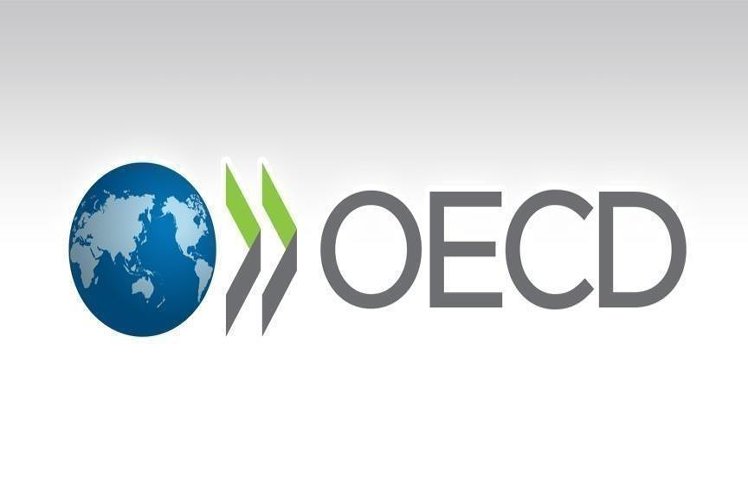According to the report on the Composite Leading Indicators (CLI) for December, the recovery that began in early 2021 has already peaked in the countries with more advanced economies.
This is reflected in the indicators that anticipate growth, which have begun to slow down according to the organization, so that a drop in momentum is expected in the recovery of Germany, Canada, Italy and the United Kingdom.
While other nations such as Japan, France or the euro zone as a whole, have stable growth, but have already passed the moment of greatest pace.
Among the OECD countries, the interannual variation of the CLI (they measure variables such as industrial orders, the evolution of confidence, construction permits, car registration…) was 1.55 percent, which is considered a stable growth.
However, economies such as the United States show levels below their long-term trend, since its indicator has been down for six consecutive months and in December it fell to 99.91 points, below the 100 long-term average.
In the case of China, although in 2021 it reached a growth peak with an increase of 8.1 percent in gross domestic product, the highest since 2011, it is expected that it will lose momentum in the coming months, endorses the report.
Russia, for its part, had a favorable rate throughout 2021 and reached 103.89 points in December, the OECD report said.
From Latin America there are signs of economic growth above what is expected in the long term in Colombia, Mexico and Chile.
Although the last two dropped slightly in their indicators: Chile with nine hundredths (101.40 points) and Mexico with 10 (101.60); Colombia (101.97 points) has been on the rise for more than a year and in December it grew once more, although very slightly (one hundredth).
In contrast, Brazil showed strong signs of a slowdown according to the organization, falling 90 tenths in December to 98.59 points and moving away from the 100 level that marks the long-term trend.
ef/acl/kmg









